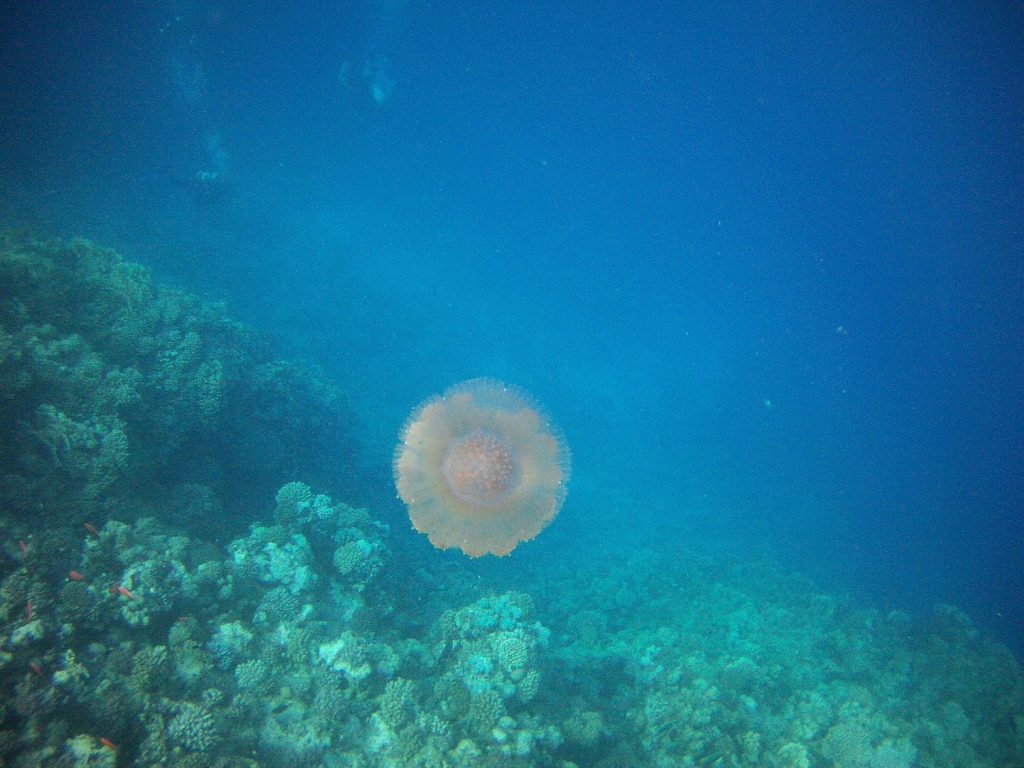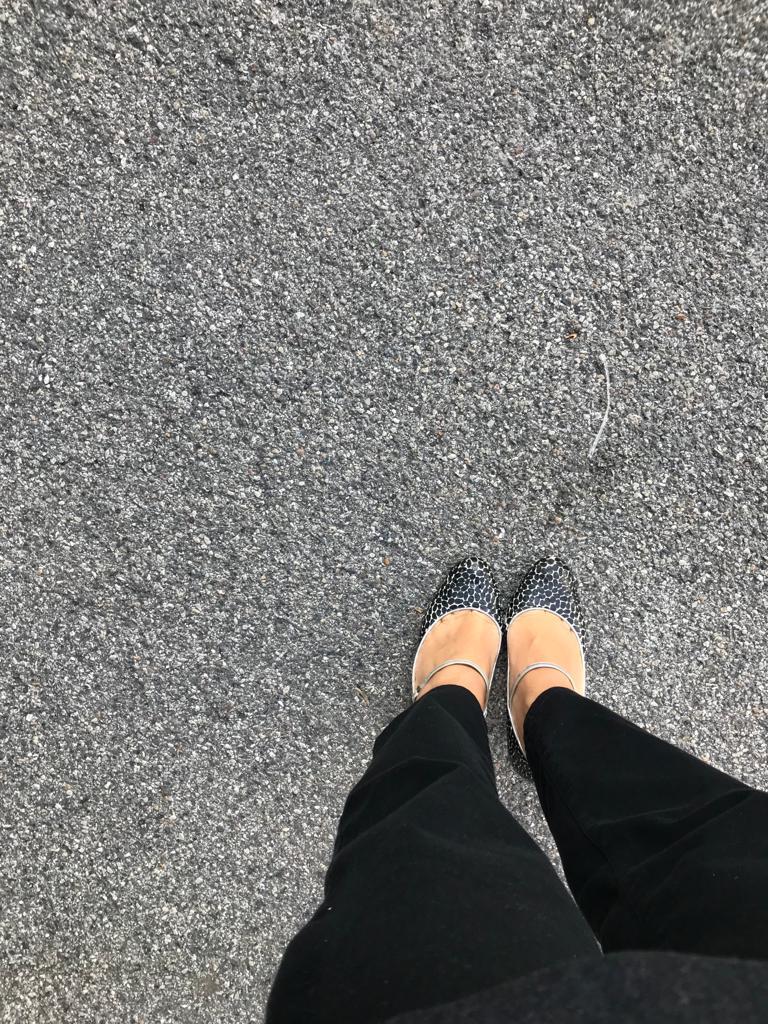World Ocean Day
Voices worth listening to
Today is “World Ocean Day”, and it’s nice to see that we celebrate the earth or the ocean without really understanding what it means. Indeed, we discard garbage in the oceans, too.
Mario Tozzi, a geologist and absolutely great scientific communicator, recently wrote a critical article: in regards to climate change as scientists were not pushing enough to make people understand the urgency.
In his tv show, “Sapiens”, he said that our robbery of the planet’s resources has severe consequences. Every year, we deplete the resources available until December 31st – the overshoot day – much earlier.
Then, he added:
If the climate emergency is so dramatic, why do we not worry?
First, we do not see the climate, and we cannot give it a precise connotation. Therefore, we do not relate the consequences to the causes such as migrations and drought. We don’t see the connections.
Second, we are an overbearing species based on the accumulation of resources. A behaviour that will leave someone with resources, and many others without resources.

Moreover, to mitigate climate change, we should renounce something, but we – the sapiens – don’t like giving things up!
He also shared a documentary by Yann Arthus-Bertrand, who said that if we do not act now, by 2070, 1/3 of humanity could live in desertic areas like the Sahara. And 3 billion people could not live in their homes.
We wonder, if we complain about migration now, what will happen then?
However, the two most polluting elements, which need immediate action, are heating systems and intensive farming. In the end, it is clear that our lifestyle – entirely – is not sustainable. So we find it depressing to see people who clean their conscience by purchasing sustainable labelled clothing. It looks like you can buy sustainability, and fashion is the only problem when the issue is way bigger.
These are just two strong statements Arthus-Bertrand pronounced:
“We cannot have infinite growth in a finite world.”
“We live in a world of garbage.”
Yes, even the oceans are full of plastic, so we celebrate “World Ocean Day!”
What else are we waiting for?
